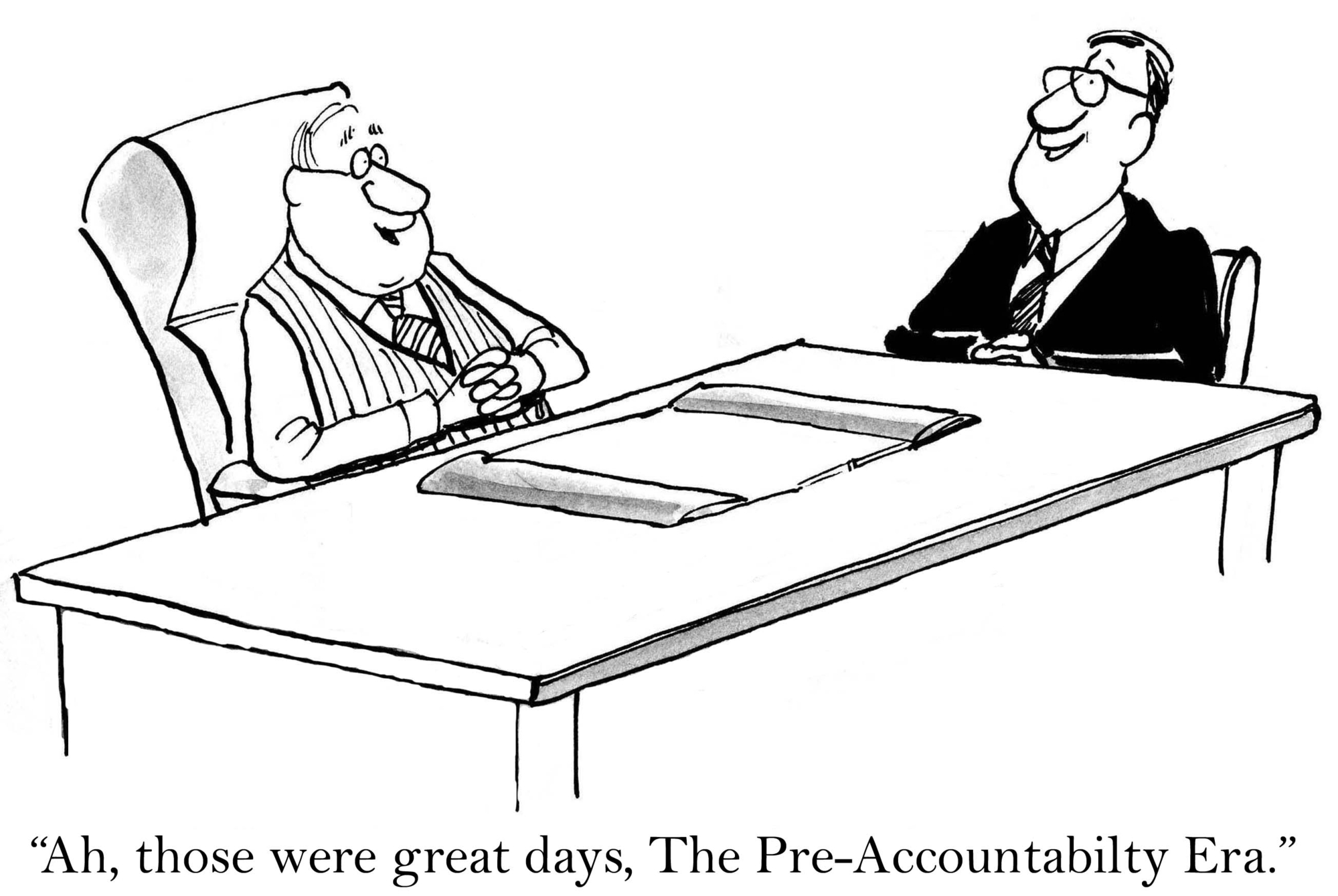Many healthcare leaders adopt a "tough love" approach when managing employee performance and expectations. This method may work well for some staff members, but not all will embrace the negativity it can create. Understanding your team and the styles they respond positively to is critical in realizing continued operational success and employee satisfaction.
Category: Hospital Productivity
Keepin’ It Productive
We are all familiar with the term “death by meeting.” It refers to the seemingly endless cycle of leaders having meetings to prepare for other meetings during which strategies are discussed that require more meetings to implement! It’s exhausting to say, let alone live. Instead of having a positive impact on operations, it has quite the opposite effect.
The Importance of Proper Position Control
According to a recent article, the turnover rate in the healthcare industry has increased by 5% across all job categories over the last decade. With the impacts of the COVID-19 pandemic on the operations of hospitals and health systems, it is safe to assume that these rates will continue to rise. Considering how time-consuming and costly recruitment efforts can be, especially given the ever-shrinking candidate pool that presently exists, it is critical that healthcare leaders appropriately manage the employees that they do have.
What does ‘Best Practice’ Mean in Healthcare?
What does "Best Practice" mean in the healthcare environment? Just as in any other field, "Best Practice" is the commitment to using all the knowledge, processes, data, and technology at one's disposal to ensure success. However, let's take that one step further and note that this success must be realized in the most efficient manner possible to make a difference to your organization's bottom line. Controlling costs through the proper utilization of resources and minimization of waste are ways that hospitals and health systems are achieving "Best Practice" status.
Budgeting for a Quick Comeback!
The months leading up to a fiscal year turn can be stressful enough. In light of the current climate, healthcare organizations are faced with even more significant challenges. Any preliminary volume and staffing projections previously in place are now being cast aside and re-evaluated based on new strategies to restore financial stability.
HealthCARE and Compassion in the wake of COVID-19
Healthcare is a demanding industry. There are a LOT of emotions associated with each experience, from the high highs of saving a life to the low lows of losing one. In recent months due to the COVID-19 crisis, healthcare professionals have endured mentally and physically grueling work conditions never before experienced.
Eliminating Waste
The U.S. Healthcare System is currently wasting an estimated $765 Billion (23% of what is spent) per year due to inefficient operations! Surprisingly, the majority of this waste is not being generated by pricing failures and supply chain issues, but through workflow and labor management deficiencies.
Embracing Accountability
When the ALTIUS team has an initial conversation regarding performance improvement with a hospital’s senior leaders, they are often unsure of what led to their current financial challenges. The reality is that it is never one decision, one hire, or one situation that deteriorates an organization’s bottom line. It can be the choices made day-to-day within the silos of the organizational structure, delaying difficult decisions, and/or a lack of accountability that leads to the overall decline.
The Fear of Productivity
Any healthcare consultant that focuses on productivity will tell you the mixed reactions received when sharing that you have been engaged to improve performance. Why are we, as an industry, conditioned to fear a word that brings value, accountability, and increased efficiencies to hospitals and health systems? Historically speaking, productivity was synonymously linked to a reduction in force or layoff. It is no wonder that just the mention of it could send panic across an organization, especially if previous experiences have left staff feeling lost, defeated, and defensive.
The Financial Impacts of COVID-19
The financial impacts of COVID-19 are unprecedented, crippling the operations of most healthcare organizations and leaving leaders to answer serious questions about strategies for stabilization. One of the quickest, most effective solutions is through workforce optimization. Improving performance by enhancing productivity and implementing processes to control labor costs will help hospitals and health systems to rebound in a systematic way that not only meets patient demand but ensures the right resources are in place to provide the best care.






